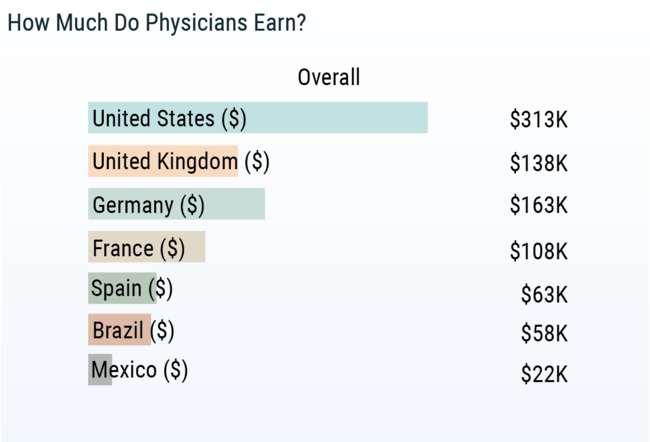So true. And unfortunately, like most businesses, when you aren't turning a profit, the people who are doing the work are the ones that get squeezed, not administrators. Because... capitalism. The reality is, unfortunately health care is way too costly in this country to be sustainable. That's not because of physician salaries, but I guarantee our salaries will feel it when it comes to things starting to clamp down on cost.
In the end, if I lost 10% of my salary would I hurt? Nope. I honestly probably wouldn't even notice the difference after taxes anyways. The issue is, where does it stop. Once we lose say 5% or 10% of reimbursement, and healthcare is still unsustainable, when do they come for the next cut, and the next one, etc. If our government is willing to cut reimbursement during a global pandemic when we are literally having colleagues die to provide frontline healthcare, they aren't going to have any shame in cutting reimbursement later.


